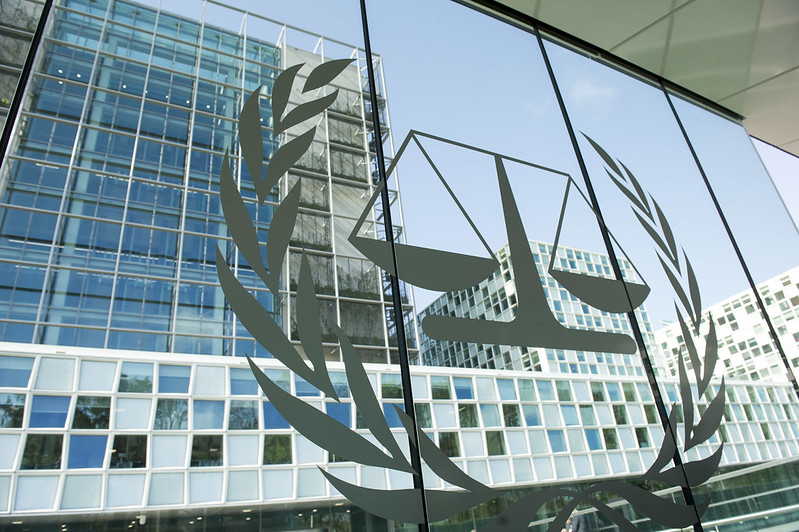On 15 October, our Programme on International Peace and Security (IPS) welcomed its Advisory Group of Practitioners on Fact-Finding and Accountability for the second of a series of convenings focusing on Anchoring Accountability for Mass Atrocities. These convenings are an integral part of the research methodology of our namesake research project, which is being led by IPS Executive Director Federica D’Alessandra, and IPS Visiting Fellows Ambassador Stephen Rapp, Sareta Ashraph, and Kirsty Sutherland.
The agenda and list of participants for the convening can be consulted here. This convening follows our first (18 September) convening, in which we discussed the ‘upstream’ and ‘downstream’ challenges faced by these mandates, which we mapped following 57 interviews conducted over the summer with domestic and international prosecutors and investigators, as well as various groups in the civil society conducting documentation of mass atrocity crimes. Our research reveals that many international justice actors increasingly think of a changing landscape where streams of information originate with civil society groups documenting atrocities, pass through and are processed by UN mandates, and arrive in some form to judicial authorities.
With the support of the UN Office of the High Commissioner for Human Rights, we also circulated an anonymized survey to UN Staff supporting UN investigative mandates which have been affected by an accountability turn, to capture the views of those whose perspectives are often least heard. 103 staff responded to our survey, highlighting internal/structural challenges around recruitment, the conduct of investigations, legal analysis and case identification, analysis, preservation and storage of electronic and physical information and evidence collected, methods and standard operating procedures. 91.96% (of which 63.22, strongly) of UN staff surveyed agreed that a permanent investigation support unit or other permanent support structure would be crucial to provide much needed stand-by structural support and specialist expertise to future UN Commissions of Inquiry, Fact-Finding Missions and Investigative Mechanisms and Teams.
At a time of increased resistance to international criminal justice and human rights, the activities of the civil society and UN mandates have energised a continued commitment to pursuing accountability for international crimes. The case of Myanmar, where the activities of the International Criminal Court, the International Investigative Mechanism for Myanmar (before it, the Myanmar UN Fact-Finding Mission), the International Court of Justice, and many civil society groups currently intersect, might be the most illustrative example.
At the same time, this proliferation of activities around the same crime scenes also carries significant risks. In extreme cases, these can include the loss of probative value of evidence or the re-traumatisation of victims and witnesses. As more international justice actors operate around the same situations of mass violence, greater coordination is essential. In fact, this project builds upon previous research carried out by our team, and specifically by Federica D’Alessandra and Ambassador Rapp, around collecting best practices and making recommendations for how civil society groups and UN mandates can maximize benefit and minimize harm to judicial accountability processes when documenting atrocities. At the same time, we are asking ourselves how can UN mandates be best supported in this important work?
Alongside our partners at the International Bar Association and the Simon Skjodt Center for the Prevention of Genocide, we are convening a series of in-depth, technical workshops aimed to discuss our research and to provide policy-oriented and realistic recommendations rooted in the best evidence available to us. We hope that our research will inform potential reform options that will strengthen, rather than weaken, the current architecture of international justice.




